The European Food Safety Authority (Efsa) has begun a review that could pave the way for rolling back a pioneering EU-wide ban on three neonicotinoid pesticides, that are thought to have ravaged European bee populations.
In a letter to the European commission last month, which the Guardian has seen, the EU scientists said that they would finish their risk evaluation by the end of January 2017.
A formal announcement that the review is underway is due imminently but a commission spokesman told the Guardian that it would not necessarily lead to any changes to the law.
“The restrictions on the use of neonicotinoids remain in place while this review is carried out,” he said. “Depending on the outcome of this evaluation, the commission will propose, only if justified, to further modify the conditions of approval of the three neonicotinoids.”
The expert panel could choose to tighten, as well as soften, the current ban on the use of thiamethoxam, clothianidin and imidacloprid, which was introduced following an Efsa ruling in 2012 that they posed an “unacceptable” danger to bees.
That was seen as one of the hardest won environmental victories of the last commission. The issue pitted over 2 million environmental petitioners against pesticide manufacturers such as Bayer Crop Science, which condemned the ban as “draconian” and a drag on competitiveness.
Since then, evidence linking the pesticides to bee population declines has mounted, with field trial results published yesterday by the US Environmental Protection Agency showing that imidacloprid can push hive numbers on to a downward spiral.
The ‘neonics’ are thought to affect parts of the bee’s brain where sensory information related to orientation is stored. Scientists fear that exposure to even low doses of the substances could confuse bees, making it harder for them to find good sources of nutrition or safely return home to their hives.
Greenpeace said it was optimistic that the new Efsa review would confirm its earlier assessment, partly because the authority would be using the latest risk assessment standards.
“These require more testing and distinguish between different types of bees, like honeybees and bumblebees,” said Franziska Achterberg, Greenpeace EU’s food policy director. “The pesticides industry has lobbied hard for these standards to be rejected. But the EU has a legal mandate to protect bees from harmful pesticides, and a solid risk assessment is the basis for that.”
Pesticides manufacturers such as Syngenta have argued that the Efsa guidance document, which is not used by all the EU’s member states, obliges a statistically untenable demonstration of safety.
“It requires the ability to detect a 7% effect on honeybee colonies, which is below the natural variability you would see,” Peter Campbell, Syngenta’s senior environmental specialist said earlier this year.
Europe’s pollinators are estimated to be worth €22bn (£16bn) a year, but one in six of them died off between 1985 and 2005 – with greater declines recorded in the UK, Germany and Sweden.
The spectre of extinction now hangs over more than a quarter of Europe’s bumblebees and one in 10 of all honeybees, according to the International Union for the Conservation of Nature.
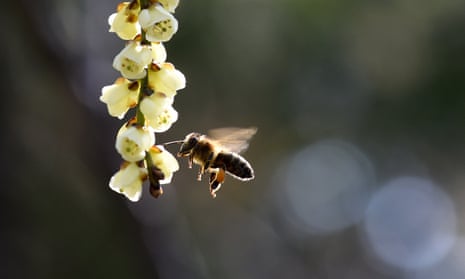
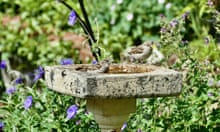


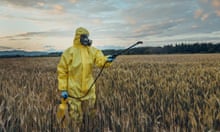
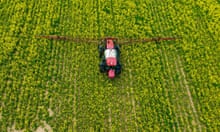



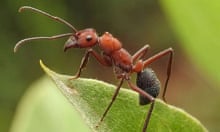
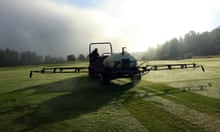
Comments (…)
Sign in or create your Guardian account to join the discussion